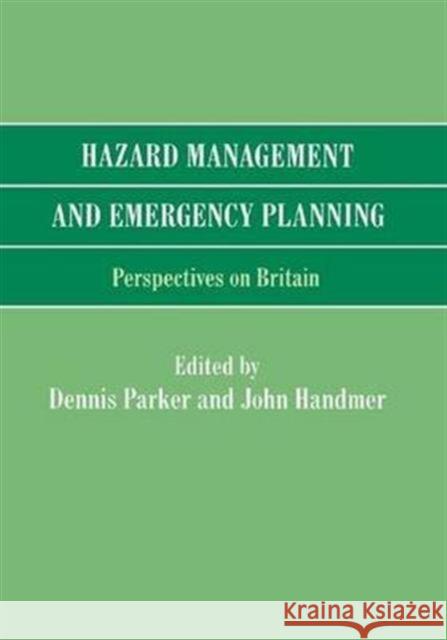Hazard Management and Emergency Planning: Perspectives in Britain » książka
topmenu
Hazard Management and Emergency Planning: Perspectives in Britain
ISBN-13: 9781138975828 / Angielski / Miękka / 2016 / 296 str.
Hazard Management and Emergency Planning: Perspectives in Britain
ISBN-13: 9781138975828 / Angielski / Miękka / 2016 / 296 str.
cena 238,48
(netto: 227,12 VAT: 5%)
Najniższa cena z 30 dni: 216,55
(netto: 227,12 VAT: 5%)
Najniższa cena z 30 dni: 216,55
Termin realizacji zamówienia:
ok. 16-18 dni roboczych.
ok. 16-18 dni roboczych.
Darmowa dostawa!
First Published in 1992. Routledge is an imprint of Taylor & Francis, an informa company.











